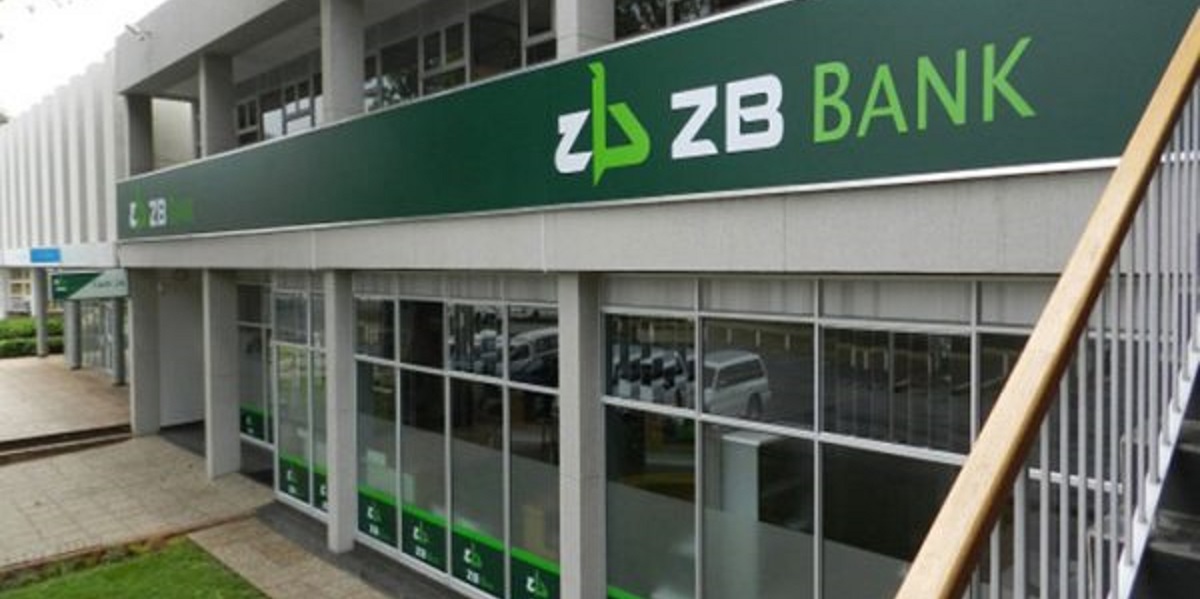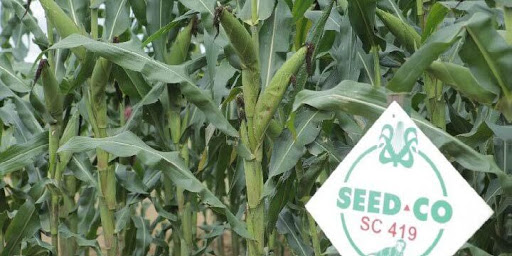Seed Co’s artificial seed dryer pays dividends
Listed seed maker, Seed Co Limited’s recently launched artificial seed drying plant, is now operational and already beginning to bear fruits.
Group chief executive officer, Morgan Nzwere, told analysts that the plant, as envisaged, is enabling the group to start seed processing early with quality and early market readiness advantages.
The plant provides faster drying technology from above 60 days of sun drying to just three to four days.
This means farmers will be the biggest beneficiaries as they will be able to obtain seed maize much earlier as well as plant on time, enhancing their planning for seasonal crop rotation.
This modern technology plays a pivotal role by creating opportunities for double cropping resulting in higher returns per hectare, contributing towards sustainable agriculture.
Over the years some growers would not be able to grow wheat because they would not have harvested their seed maize crop and land prepared in time for the winter crop.
The group expects to replicate the drying facility to its other regional markets as efforts to enhance efficiency.
“The plan remains to replicate the technology in other markets,” said Nzwere.
The state of the art maize drying facility was officially opened by President Mnangagwa in September last year.
Meanwhile, during the year to March 31, 2022, total sales volumes went down 20 percent to 5 838 tonnes compared to prior year due to pricing challenges, which hamstrung the normal plan to place seed in the trade as well as late rains which impacted seed uptake.
The group also experienced reduced export opportunities as the regional markets also experienced erratic rains.
Maize remained the flagship seed crop accounting for 53 percent of total volume although it went down by 23 percent to 12 519 tonnes during the year under review.
The decline was a result of pricing confusion at start of season with late rains affecting planting both in Zimbabwe and in the region (reduced exports). Wheat sales dropped by 6 percent only despite non-repeat of exports (2 000 tonnes export to Nigeria in FY21).
Soyabean volume dropped 31 percent because of erratic rains and pricing challenges while associate Quton recorded a 7 percent decline in cotton seed to 7 506 tonnes compared to 8 041 tonnes sold in the prior year.
As for financial performance, revenue fell 8 percent on volume reduction due to late rains and pricing confusion in the market.
Profit before tax was $0,6 billion, a significant reduction from prior year’s $1,9 billion despite a significant monetary loss decline from $3,3 billion to $1 billion.
According to group finance director John Matorofa, profit before tax reduced due to margin shrinkage from 64 percent down to 33 percent in a distorted market with de facto price controls.
Associates and joint venture contribution was lower with the continental associate Seed Co International posting 35 percent reduced USD profit from US$11,1 million to US$7,1 million in FY22. Its turnover remained flat at US$88,5 million despite volume loss due to pricing adjustments in regional local currencies and translation gains in Zambia which helped to offset the 9 percent volume loss.
The regional group margins declined notably from 49 percent to 45 percent due to a combination of reduced economies of scale on lower volume, escalating inbound logistical costs and the adverse effect of a stronger Zambian kwacha on translating cost of goods sold to USD.
Margin erosion against increasing operating expenditure reduced Quton’s profit by 90 percent while Prime Seed had good year boosted by dollar denominated sales to non-governmental organisations (NGO) and growing exports to Mozambique.
Mr Matorofa said the impact of deferred tax on revalued assets reversed the profit before into a net loss of $0,6 billion for the group.
Other income increased when compared against prior year due to exchange gains on inter-company debtors and non-seed sales such as fertilisers and chemicals.
Operating expenditure rose 15 percent in response to market rate-based purchase prices.
The rise was also partly attributable to payroll-related costs and depreciation on revalued assets and expenses that were billed at market rate instead of the inter-bank rate.
Finance costs were 9 percent of turnover compared to 8 percent prior year. According to the group, the appetite to borrow more was caused by a mismatch between receipts and payments arising out of delayed payments from Government schemes and a sharp increase in prices for both operating expenses and seed deliveries.
While economic uncertainties are to persist in the near future due to exchange rate volatility, management remains upbeat of meeting demand and increase its contribution to food security in Zimbabwe and across the region.
“The gap between the official and alternative exchange rates in Zimbabwe is set to continue weighing down real profitability as it is not easy to de-link selling prices from official rates given the sensitivities around staple seeds in the country.
“Zimbabwe and continental food security will however remain top of our agenda to mitigate global supply shocks as African governments activate import substitution local production strategies.
“The group is better positioned to leverage the strong brand and intellectual property to actively contribute to primary food production to plug supply gaps,” said Nzwere-ebusinessweekly









